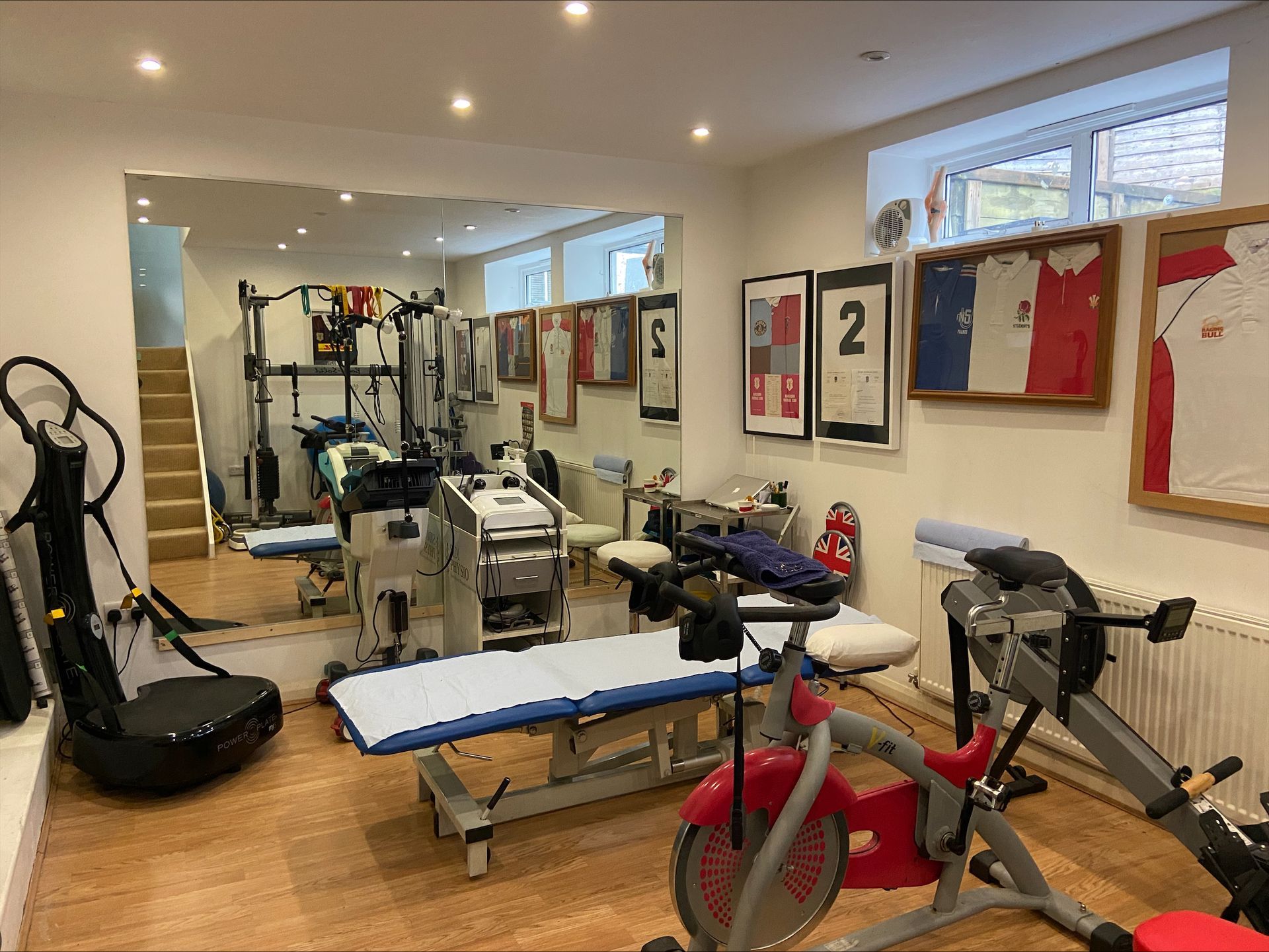Blood Flow Restriction Therapy
Blood Flow Restriction (BFR) therapy is a cutting-edge physiotherapy technique where low-load exercise is performed while venous return is partially restricted using cuffs or bands. This safely simulates the effects of high-intensity training — without the mechanical stress on joints or tissues.
Here are the key advantages of BFR in physiotherapy:
1. Muscle Strengthening with Low Load
- BFR enables muscle hypertrophy and strength gains using just 20–30% of 1RM (1-rep max).
- Especially useful for:
- Post-operative rehab (ACL, rotator cuff)
- Acute injuries where heavy loading isn’t possible
- Elderly or frail patients with limited tolerance
2. Faster Recovery & Rehab
- Triggers anabolic responses (↑ growth hormone, IGF-1) despite low loads.
- Helps minimize muscle atrophy during periods of immobilization or reduced activity.
- Accelerates return-to-sport timelines after surgery or injury.
3. Joint-Sparing Approach
- Provides high training stimulus without overloading joints or connective tissue.
- Reduces strain on healing ligaments, cartilage, or tendons.
- Ideal for arthritis, osteoporosis, or post-op recovery.
4. Improved Muscle Endurance
- Enhances capillary density and muscle oxidative capacity.
- Supports athletes and rehab patients in regaining functional performance.
5. Enhanced Pain Modulation
- Increases endogenous opioid and endorphin release.
- Reduces pain during and after exercise — helpful in chronic pain conditions or when building exercise tolerance.
6. Versatile & Scalable
- Can be integrated with:
- Passive therapy (e.g., neuromuscular stim, Winback)
- Active rehab (resistance bands, cycling, walking)
- Functional movement training
- Suitable for all patient types:
- Athletes, elderly, post-op, chronic pain, neurologic cases
7. Promotes Neuroplasticity
- Shown to support neural drive and corticomotor excitability, which may benefit:
- Stroke rehab
- Peripheral nerve injury recovery
Precautions & Contraindications
- Not suitable for:
- Uncontrolled hypertension or cardiovascular conditions
- History of DVT or clotting disorders
- Open wounds, recent fractures near cuff site
- Always monitor limb occlusion pressure (LOP) and use professional-grade cuffs (not elastic bands) SIDI PHYSIO will assess LOP and provide professional-grade cuffs.
::



